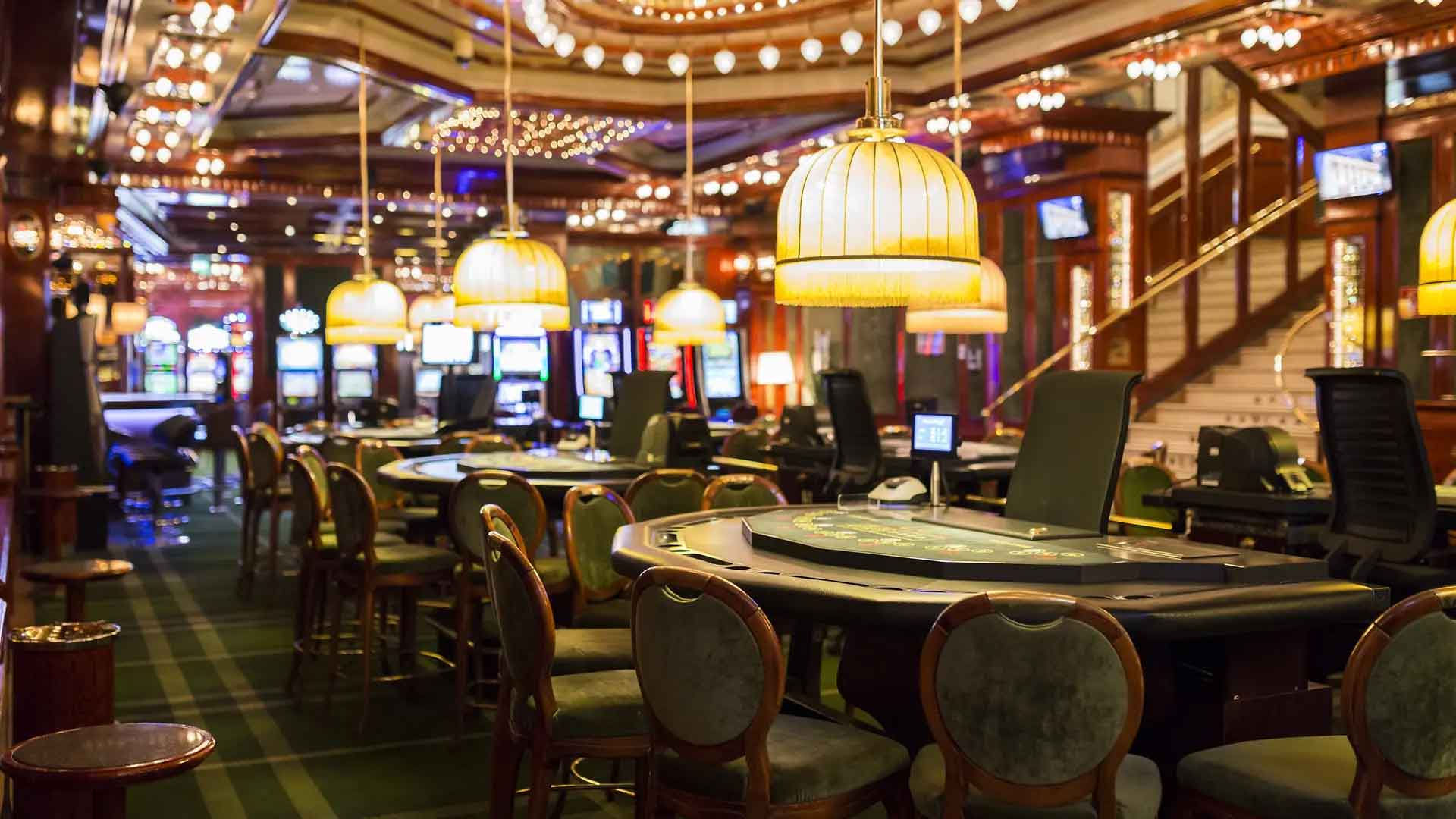The Dark Secrets of Casino Floors

The Dark Secrets of Casino Floors
The moment you step onto a casino floor, you are entering a meticulously crafted environment designed for one purpose: to separate you from your money. The dazzling lights, the endless chorus of winning bells, and the vibrant carpets are not just decorations; they are a sophisticated psychological trap. Every single element, from the layout of the building to the oxygen levels in the air, is part of a grand design to keep you playing longer, betting more, and losing track of reality.
One of the first and most powerful secrets is the casino's physical layout. Have you ever noticed how difficult it is to find a direct path to the exit or even the restrooms? This is intentional. Casino floors are designed as labyrinths. The winding pathways and seemingly random placement of slot machine banks are engineered to disorient you. The goal is to maximize your exposure to gambling opportunities. On your short walk to the cashier, you are forced to pass hundreds of enticing games, each with flashing lights and promising sounds, tempting you to stop for "just one more game."
The sensory assault is another critical component of this manipulation. The casino environment is a constant barrage of light and sound. The slot machines themselves are the primary culprits. They are programmed to celebrate even the smallest wins with an extravagant display of lights and noise. This creates a powerful illusion that people are constantly winning all around you. This phenomenon, known as "contagious winning," triggers a dopamine response in your brain, making you feel that a big win for you is just around the corner. The constant, upbeat music and the absence of any harsh or jarring noises create a hypnotic, stress-free atmosphere where you feel comfortable spending hours on end.
Perhaps the most well-known secret is the deliberate removal of any indication of time. You will almost never find a clock on a casino wall, nor will you see any windows leading to the outside. This is a calculated strategy to make you lose all sense of time. Without the sun setting or clocks reminding you of appointments or the late hour, you can easily gamble for four, six, or even eight hours without realizing it. The casino becomes a self-contained universe, a gilded cage where the only thing that matters is the next spin of the wheel or pull of the lever. This temporal distortion is a key tool in encouraging extended play sessions.
Then there are the "freebies." Complimentary alcoholic drinks are not an act of generosity; they are a calculated investment by the house. Alcohol famously lowers inhibitions and clouds judgment. A player who has had a few drinks is far more likely to make larger, riskier bets they wouldn't consider when sober. The free drinks also create a sense of obligation and reciprocity. You feel like the casino is being good to you, so you feel more inclined to keep playing to "repay" their kindness. It's a subtle but incredibly effective tactic.
Finally, the games themselves are built on a foundation of psychological manipulation. Slot machines, in particular, are masters of the "near-miss" effect. When the reels stop just shy of a jackpot, your brain registers it almost like a win, releasing a rush of adrenaline and encouraging you to spin again. You feel you were so close and that the next spin must be the one. This principle is a core part of modern game design, from the physical casino floor to the digital reels you might find when you check out a link m88 slot online. The illusion of control is paramount. The house always has the mathematical edge, but the entire casino experience is designed to make you forget that. It makes you feel that with enough luck, skill, or persistence, you can beat the system. The darkest secret of all is that the system was designed to beat you before you even sat down.